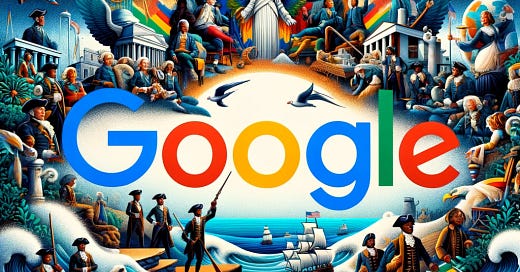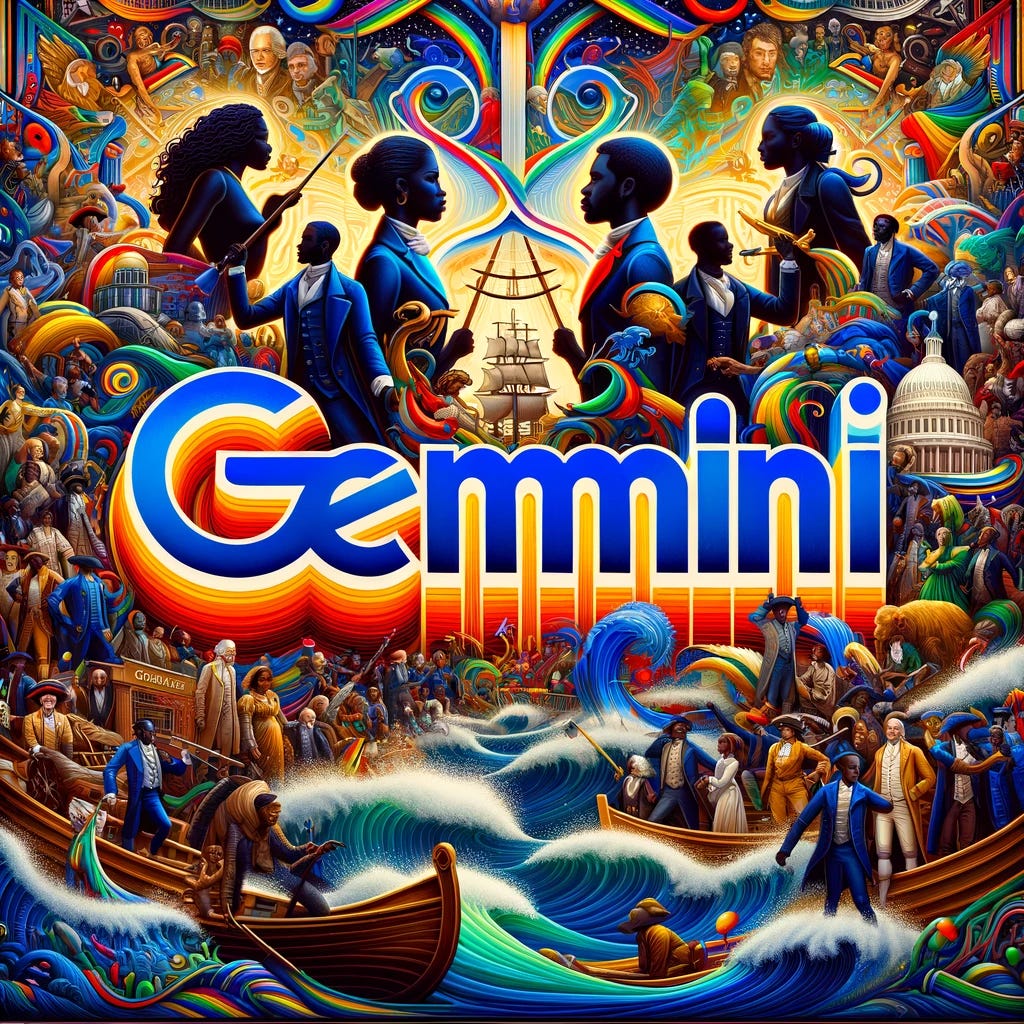Google Suspends Gemini AI's Image Generation Amidst Accuracy Concerns
Some of the results returned and images generated were bordering on the absurd.
The Pause in Image Generation
Google announced on Thursday (February 22) that it is temporarily halting the ability of its Gemini Artificial Intelligence (AI) chatbot to generate images of people. This decision comes a day after the company issued apologies for inaccuracies in historical depictions generated by its proprietary AI. Users of Gemini had taken to social media, showcasing screenshots of scenes historically dominated by white characters being depicted with racially diverse figures, sparking debates over the potential over-correction for racial bias within the AI model.
Over-obsession with privacy?
Barely two weeks ago, we had delved into the performance of Google's latest innovation, Gemini, and found it wanting, a sentiment that has resonated across the tech landscape. Our critique centered on Google's intense focus on privacy, a commendable yet overzealous approach that, paradoxically, seems to have hampered the platform's functionality. This overemphasis on privacy has inadvertently led to a cautiousness that may be stifling Gemini's potential, sparking a broader conversation about the delicate balance between safeguarding user data and unleashing the full capabilities of AI technology. As we navigate this complex terrain, the case of Gemini serves as a compelling example of the trade-offs that tech companies must negotiate in their quest to innovate responsibly, including balancing out for racist considerations, in the digital age.
Criticism and Controversy
The latest deluge of criticisms arose when images generated by Gemini, such as those of a woman Pope and a Black Founding Father of USA, were highlighted by users. These depictions led to accusations against Google of promoting anti-White bias. The issue gained further attention when amplified by high-profile figures on social media platforms, including X's owner Elon Musk and psychologist Jordan Peterson. The controversy underscores the challenges tech companies face in navigating the complexities of AI-generated content amidst cultural and political sensitivities.
Underlying Causes and Responses
Experts suggest that the inaccuracies could stem from attempts to inject diversity into the AI's output by either appending ethnic diversity terms to prompts "under-the-hood" or prioritizing images based on darker skin tones. Google's efforts to address these issues highlight the broader industry challenge of mitigating bias in AI systems. The company emphasized its commitment to generating a wide range of people through Gemini, acknowledging the global diversity of its user base but admitted that the tool was "missing the mark" in its recent outputs.
Broader Implications for AI and Diversity
The Gemini incident is not isolated, reflecting ongoing debates over AI and diversity. Similar interventions have been attempted by other tech companies, aiming to ensure AI-generated images reflect global diversity more accurately. However, these efforts often clash with the biases inherent in the data used to train these models, primarily sourced from the internet and skewed towards Western perspectives. This incident with Gemini AI serves as a reminder of the complexities involved in training AI to navigate the nuanced realms of historical accuracy, diversity, and representation.
Google's Commitment to Improvement
In response to the backlash, Google has reaffirmed its dedication to improving the accuracy and representation in Gemini's image generation. The company's decision to pause this feature underscores a broader commitment to responsibly developing AI technologies that respect and reflect the diversity of its global user base. As Google works on enhancing Gemini's capabilities, the tech community and its watchers are reminded of the ongoing journey towards creating AI systems that are both innovative and inclusive.
Gemini may be down but it is definitely not out.






